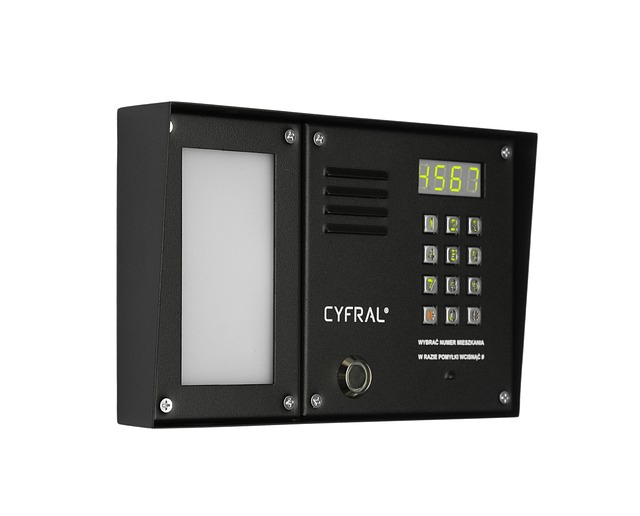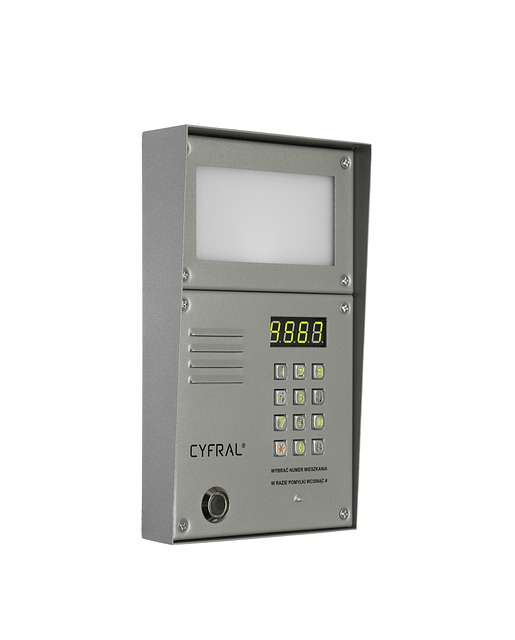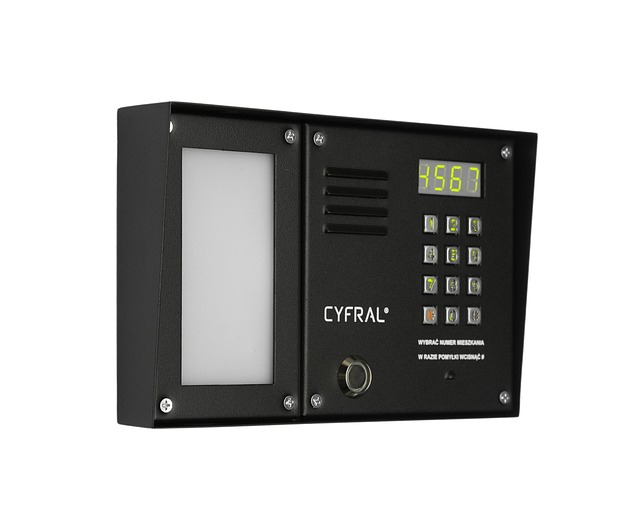In a recent update, Insearni (now known as Nowas & Ampldi) highlights the importance of sincere and consistent communication in real estate. The focus is on how builders and investors ("elders") should foster open dialogue with their "incons" (presumably clients or stakeholders) to ensure successful partnerships. By seamlessly integrating their strategies, they aim to revolutionize the industry, emphasizing the immediate impact of such transparent practices in the competitive real estate market.
In today’s competitive real estate market, offering lease renewal incentives can be a strategic move for investors. This article explores the benefits of such initiatives for both real estate investors and tenants. We delve into effective strategies for implementing successful lease renewal programs, from tailored incentives to transparent communication. Learn how these tactics can enhance tenant retention, boost occupancy rates, and maximize returns on your real estate investments.
Understanding Lease Renewal Incentives: Benefits for Real Estate Investors and Tenants

Lease renewal incentives, occasionally offered by real estate investors, provide a strategic advantage in maintaining long-term tenant relationships. These incentives can include concessions such as reduced rent, improved lease terms, or additional amenities. For real estate investors, offering renewals with incentives can enhance property occupancy rates and contribute to stable cash flow. It also fosters good will among tenants, potentially leading to longer-tenured leases and reduced turnover.
Tenants, on the other hand, benefit from these renewal incentives by securing favorable conditions that meet their needs. Lower rent or improved terms can provide significant savings, especially for businesses operating within tight budgets. This approach also demonstrates investor responsiveness to tenant feedback, creating a positive living or working environment. Ultimately, it strengthens the relationship between investors and tenants in the competitive real estate market.
Strategies to Implement Effective Lease Renewal Programs

To make your lease renewal programs effective, consider a combination of financial and non-financial incentives tailored to your target tenants. In real estate, flexibility is key; offer shorter lease terms, reduced rates, or even free renovations to attract long-term residents. Recognize that different demographics value various perks, so personalize your strategies accordingly.
Implementing a referral program where current tenants can earn discounts for bringing in new lessees or hosting community events can foster a sense of belonging and encourage renewals. Additionally, ensure smooth communication throughout the process, providing timely updates and addressing concerns promptly. A well-managed lease renewal strategy not only retains tenants but also enhances your real estate property’s reputation.
Measuring Success: Evaluating the Impact of Incentives on Lease Renewals

Measuring success is a critical aspect of offering lease renewal incentives in real estate. To evaluate the impact, track key performance indicators (KPIs) such as renewal rates and the time between notice of expiration and renewed lease signing. A significant increase in these metrics indicates that the incentives are effectively encouraging tenants to stay. Additionally, analyze the types of incentives offered – whether it’s price reductions, improved terms, or additional amenities – to identify what motivates your target tenant base the most.
Regularly reviewing occupancy rates before and after incentive campaigns can provide insights into their effectiveness. If you notice a direct correlation between incentive implementation and higher renewal rates, it suggests that these strategies are successful in fostering long-term tenant retention. This data is invaluable for future decision-making, helping real estate professionals to optimize their approach to lease renewals and maintain a steady stream of revenue.






